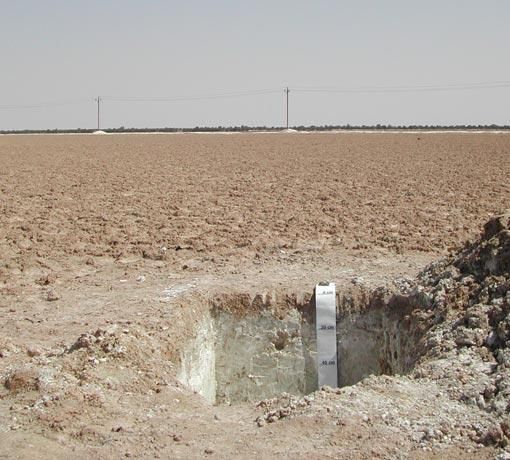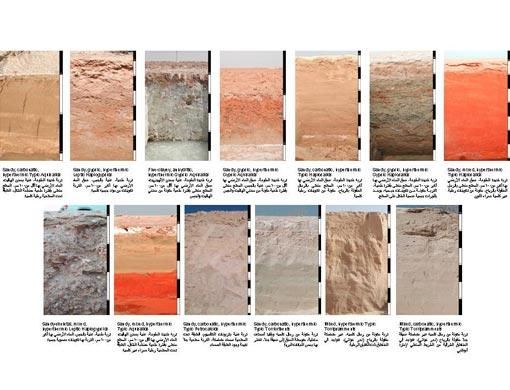Abu Dhabi: A new type of soil rich in anhydrite (Calcium Sulphate - Caso4), a mineral known for its value for construction purposes, was discovered 70cm deep in the coastal sabkha (salt flat) of Abu Dhabi, announced Environment Agency - Abu Dhabi (Ead).
According to Majid Al Mansouri, Ead Secretary General, high salinity and high temperatures preserve this mineral and prevent its conversion to gypsum, which is a white or colorless mineral consisting of hydrated calcium sulfate used in cement, plaster and fertilizers.
A relatively common sedimentary mineral that forms massive rock layers, anhydrite does not form directly, but is the result of the dewatering of the rock forming mineral gypsum (Caso4-2h2o).
This loss of water produces a reduction in volume of the rock layer and can cause the formation of caverns as the rock shrinks.
Good mineral specimens of anhydrite were extremely rare despite its common occurrence.
However, fine specimens of anhydrite have been found in Mexico and Peru that show good crystal habit, a nice blue colour and even a play of light internally in the crystal.
The discovery, which was made by Ead scientists Dr Mahmoud Abdelfattah and Dr Shabbir Shahid, is significant because it is rare for this type of soil to occur in such an environment.
The discovery was made during a study conducted by Ead of the coastline of the emirate that stretches over approximately 400km.














